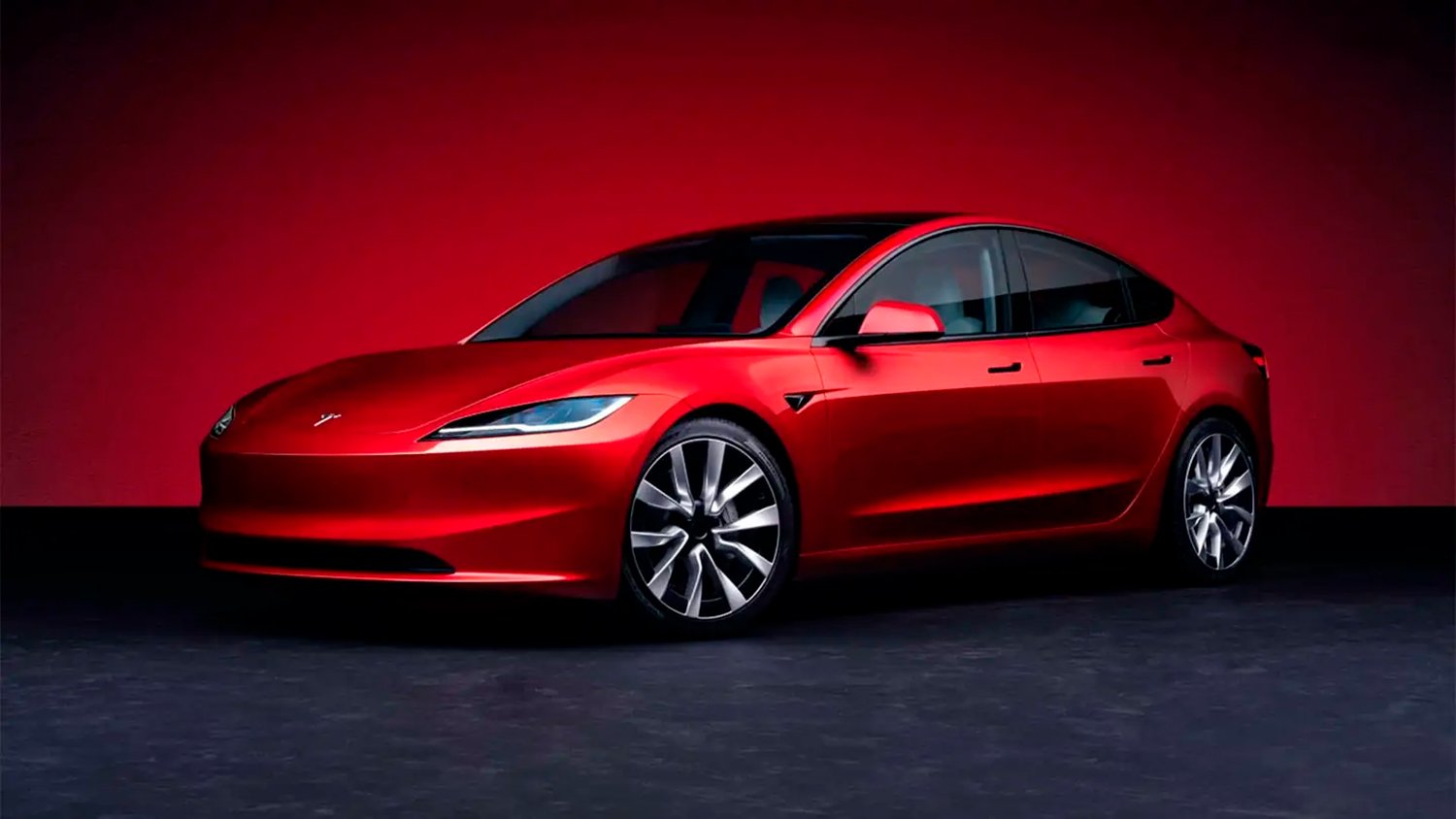One of the questions that worries those who buy an electric car: How long does the battery last? While most people associate the term with range (miles per charge), duration is also related to lifespan. Electric vehicle batteries degrade over time, and research provides the answer.
GeoTab researchers conducted a study on the average degradation of electric vehicle batteries. The experts analyzed different makes and models of cars and found that The battery can last for about 20 years or more.The data show that this component decomposes very slowly, although there are factors that can accelerate this phenomenon.
Electric vehicle batteries are degrade at an average rate of 1.8% per yearThat’s a significant jump from measurements taken five years ago, when batteries were found to be losing efficiency at a rate of 2.3% per year.
“The batteries in newer models of electric vehicles will last longer than the vehicle’s lifespan and are unlikely to need replacing,” said David Savage, Geotab’s vice president of the UK and Ireland. “If the average EV battery degrades at a rate of 1.8% per year, Health status will still be above 80% after 12 years.typically exceeds the typical service life of the vehicle.”
Savage added that Rates improve with new modelsalthough it is not a linear phenomenon, the manager notes that owners may experience significant degradation of the battery at the end of its life.
Factors that accelerate battery degradation
As with other devices, lithium-ion batteries in electric vehicles wear out over time. Sooner or later, this will affect autonomy, but the consequences will be obvious in the long term. As technology advances, Chances are your car will fail long before the battery reaches critical condition..
While the study’s findings are promising, there are factors that accelerate battery degradation, such as temperature. GeoTab warns that Electric vehicles circulating in warm regions will suffer a faster decline battery life compared to those doing so in moderate climates. Other factors include the chemicals and cooling systems the manufacturer uses to reduce temperatures.
In addition, the study shows that load plays an important role. Fast charging stations (DCFC) have a significant impact on the rate of battery degradation. Savage and his team note that cars that are driven in hot regions and frequently use fast charging stations, They drain your battery three times faster than others..
Tesla battery drains less
This is the second study Geotab has conducted on the battery life of electric vehicles. Five years ago, the average degradation was 2.3% per year, while now it is 1.8%. This phenomenon does not behave the same for all models, because There are cars, like Tesla, that have a drop of less than 1%..
In the test with Tesla Model 3Our director Eduardo Arcos discovered that After four years, battery degradation was less than 3%.On the other hand, a one-year-old Model S with 35,000 km on the clock shows less than 1% degradation.
There are several tricks you can use to prevent your car battery from draining faster. One of them is charge it between 60% and 80% so it doesn’t get overchargedIt is not recommended to charge the battery to 100% and leave the car stationary or leave it at 1% and keep it there for several days.
In the case of Teslas, the manufacturer recommends charge 50 to 80% for everyday livingand for long trips or journeys, the ideal percentage is between 80% and 100%.
Source: Hiper Textual
I’m Blaine Morgan, an experienced journalist and writer with over 8 years of experience in the tech industry. My expertise lies in writing about technology news and trends, covering everything from cutting-edge gadgets to emerging software developments. I’ve written for several leading publications including Gadget Onus where I am an author.















